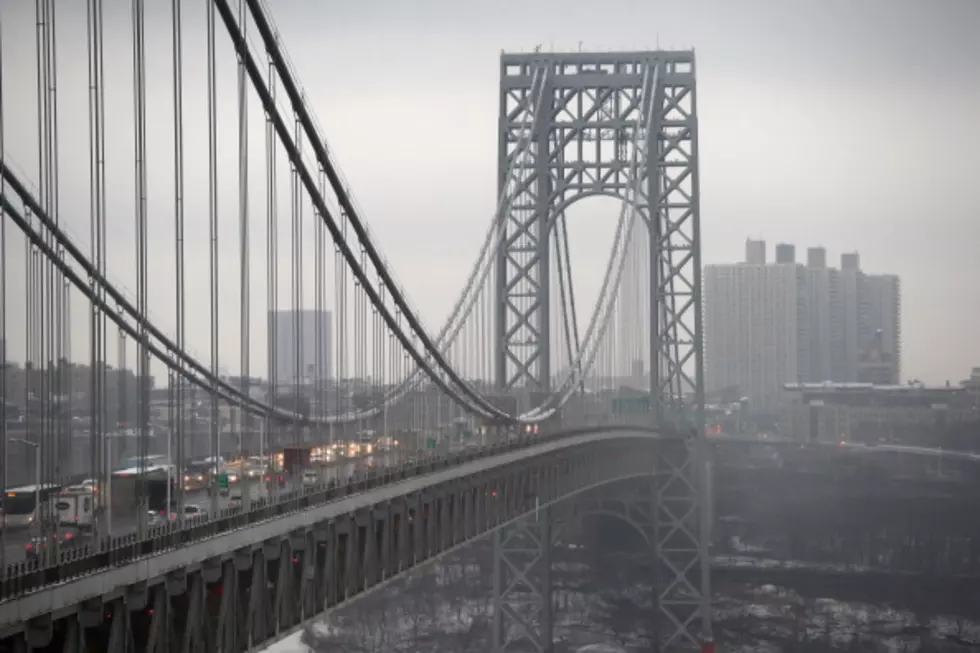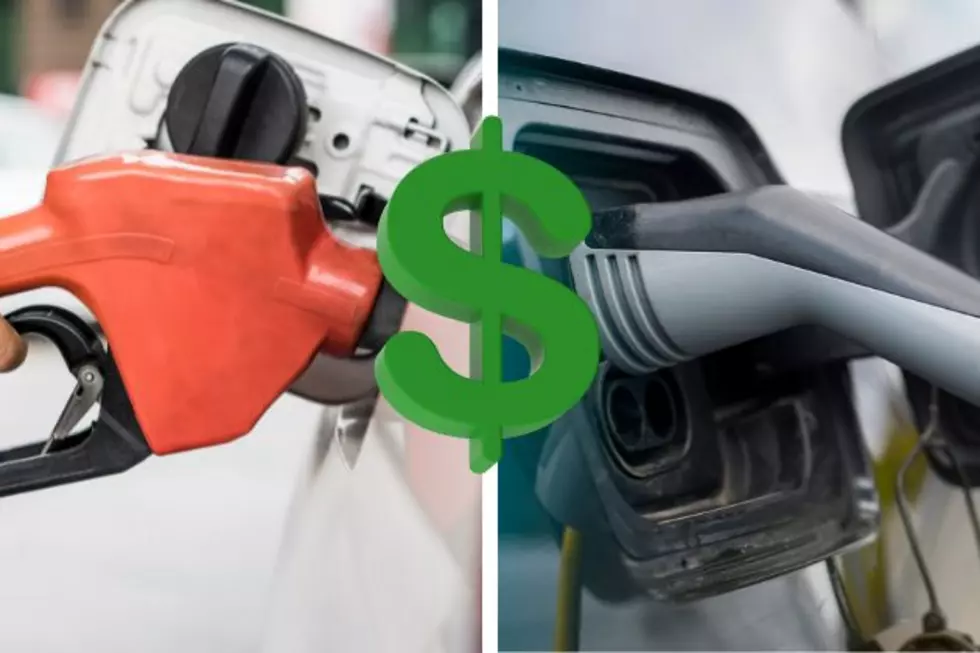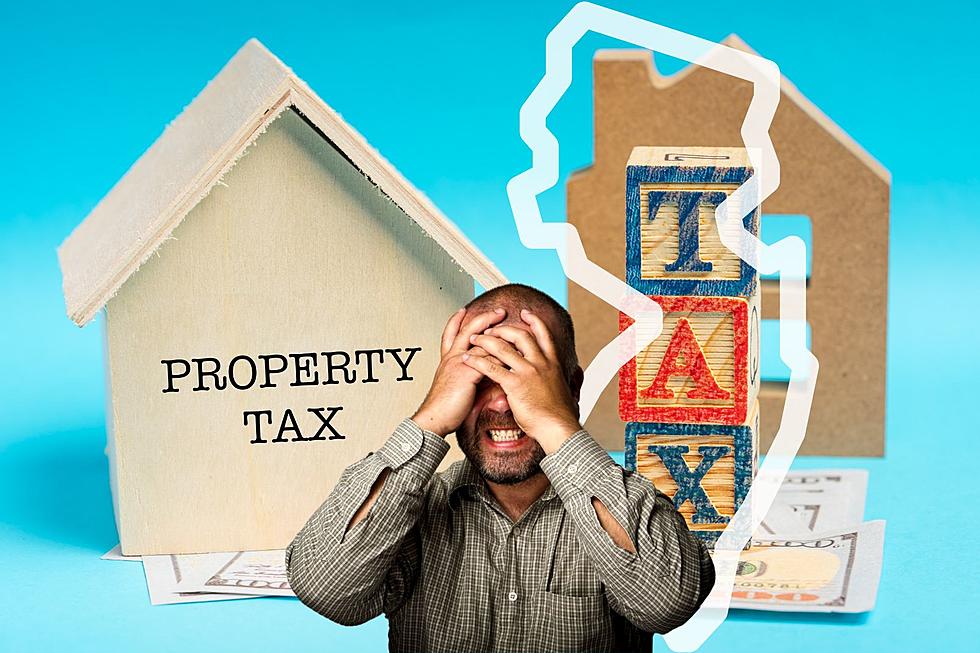
What’s an Unindicted Co-conspirator? Understanding the Bridgegate Names List
Federal prosecutors have until noon Friday to release a list of what are known as unindicted co-conspirators — people who were not charged with any crime despite their possibly having had a role in the Christie administration's George Washington Bridge scandal.
Why would someone involved in a caper that has yielded one guilty plea and two indictments not be charged? There are a variety of potential explanations, said Ted Romankow, a former Union County prosecutor who is now with the Javerbaum Wurgaft law firm in Springfield.
“They don’t seek an indictment for any number of reasons. One might be because they can’t prove that the individual is a conspirator, so it would be evidentiary concerns,” Romankow said.
"Another one might be immunity. They may have given immunity to one of the co-conspirators,” he said. “And for practical reasons, they may want to, at some point in the future, possibly use them as a witness, and maybe that person is cooperating without the cloak of immunity.”
In the Bridgegate case, people aligned with Gov. Chris Christie in his Trenton office and at the Port Authority of New York and New Jersey created a week of intentional, hours-long traffic jams to punish Fort Lee's Democratic mayor for not endorsing the Republican governor’s 2013 re-election.
David Wildstein, a former Port Authority executive, pleaded guilty in the case in April 2015. Another authority executive, former deputy director Bill Baroni, was indicted, as was a deputy chief of staff to Christie, Bridget Anne Kelly.
U.S. Attorney Paul Fishman acknowledged last April that there were also co-conspirators who weren’t charged with a crime. The defense attorneys for Baroni and Kelly already have the lists of unindicted co-conspirators.
“In many, many cases the unindicted co-conspirators are revealed in the indictment and if not in the indictment certainly over a period of time during discovery,” Romankow said. “So it’s not unusual to reveal the names of unindicted co-conspirators. The defense is entitled to know that.”
Media organizations successfully persuaded U.S. District Judge Susan Wigenton to order prosecutors to make the list public. Prosecutors wanted to keep the names under wraps because the people listed will not have a chance to prove their innocence in court. Prosecutors will not appeal the judge’s order.
“Sometimes if they don’t have, for instance, the proofs beyond a reasonable doubt that that person was involved in that conspiracy, then it might affect their lives personally,” Romankow said, when asked why prosecutors would seal a list of co-conspirators. “Because a person is suspected of being involved in a crime doesn’t necessarily mean that he or she is, so one has to be careful of how you use that.”
The people on the list are likely to have been government employees or elected officials, and may already have been identified in news reports about the case, Wigenton said in ordering the list’s release. It’s possible they will include employees in Christie’s office, staffers at his re-election campaign or Port Authority workers.
Christie this week said it was "highly doubtful" that his own name would be on that list.
Media organizations are now pursuing a second list, this one of people who knew of the scheme but didn’t participate in it. Kelly’s defense attorney, Michael Critchley, said in a court filing Wednesday he had received that information from prosecutors and was therefore dropping a motion that sought it.
More From WPG Talk Radio 95.5 FM










